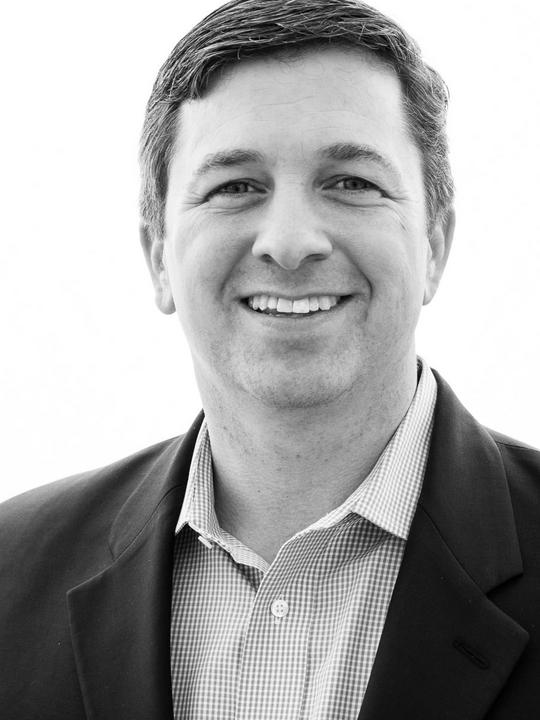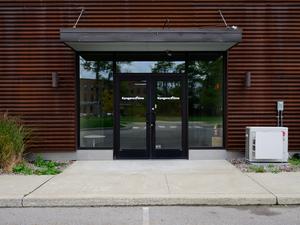When you’re a fast-scaling business in an increasingly competitive market, it’s all about efficiency.
For CleanCapital, which is a clean energy investment platform, that includes capital. The company recently announced that it secured up to a $60 million credit facility, a type of loan, from Wells Fargo to fund development and construction expenses. That’s on the heels of the $300 million commitment it got from Manulife Investment Management last year.
“It allows us to work efficiently and at a rapid pace to acquire projects in front of us,” said co-founder and President Jon Powers, who leads a team of four at Serendipity Labs at Seneca One Tower in Buffalo.
In other words, more options for capital means the startup can get involved with projects earlier, create more partnerships with developers and alleviate costs. It’s a strategy that’s helped the company grow rapidly, especially over the last few years, even as the market gets increasingly competitive.
“CleanCapital brought in new types of investors each step of the way in clean energy,” Powers said. “By doing that, we’ve been able to continue to drive down the cost of capital that’s going into these projects.”

He started the firm in 2015 with Thomas Byrne and Marc Garrett, who lead CleanCapital out of its New York City headquarters.
The business started out buying clean energy facilities that were already running, which have faster return on investments. A few years ago it started focusing on development projects, which require earlier investments with a longer-term payoffs.
As of May 2021, CleanCapital had closed on more than $775 million in solar projects in 18 states. By mid-October 2022, the business invested a total of nearly $1 billion in clean energy projects in 26 states and U.S. territories.
The company has acquired projects totaling more than 370 megawatts and has in-progress projects in its pipeline totaling over 1 gigawatt. One gigawatt equals 1,000 megawatts and has roughly enough energy to power about 750,000 homes.
“The advantage of having different varieties of capital facilities allows us to pull different types of money into different types of deals,” he added. “It’s definitely challenging.”
CleanCapital has more than doubled its employee count over the last year. Including the firm it acquired this summer — BQ Energy — the business has about 54 full-time workers.
Along with capital, the company has been able to scale quickly by making sure it has processes in place to manage the increased flow of deals coming in, according to Powers. Early on, that meant building its own technology platform to close deals more efficiently.
The team makes sure to follow-through on doing the deals it says it will do, and management actively owns and operates the acquired projects even after the deal is complete.
“It is a constant Rubik’s Cube, and the bigger we get and bigger the pipeline is, the more challenging,” he said. “We’ve proven our ability to execute here, and we continue to scale because of that."








